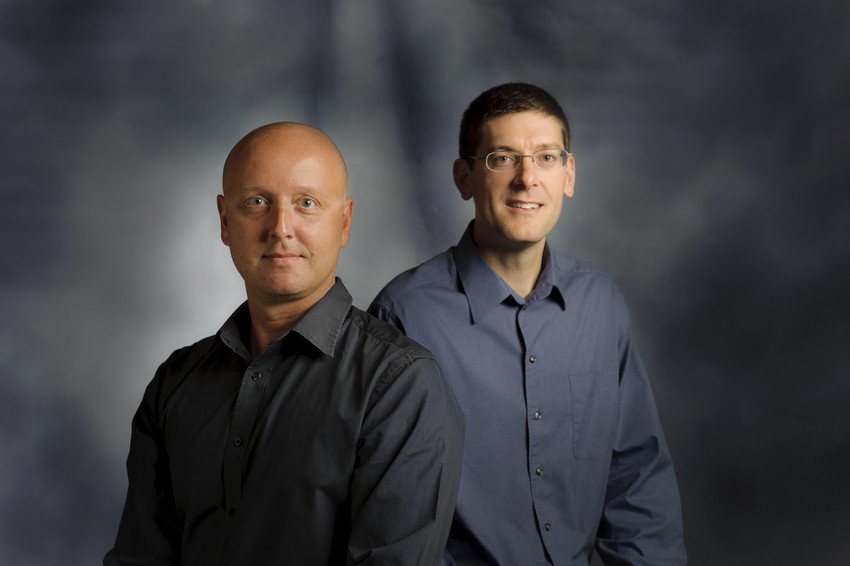Virginia Tech receives funding for middle school STEM programs

The School of Education at Virginia Tech and the College of Education at University of Kentucky were awarded $1.3 million from the National Science Foundation to implement and evaluate an inquiry-based after-school program for middle school students in Appalachia.
The three-year project entitled “Studio STEM: Engaging Middle School Students in Networked Science and Engineering Projects,” uses engineering design activities that integrate digital modeling, social media, and game development tools to engage youth in investigating concepts and skills to integrate science, technology, engineering, and mathematics (STEM).
“We’ve taken technologies often used for leisure and applied them to education,” said Michael A. Evans, associate professor in the Department of Learning Sciences and Technologies in the College of Liberal Arts and Human Sciences who serves as the principal investigator. “Our goal in Studio STEM is to prepare youth for the 21st century workplace where these skills are essential.”
Other collaborators include Virginia Tech’s Brett Jones, associate professor in the School of Education; Christine Schnittka, assistant professor of science education in the Department of STEM Education at the University of Kentucky; Carol Brandt, assistant professor of science education at Temple University; and Tiffany Drape, project associate in the Office of Educational Research and Outreach at Virginia Tech.
Studio STEM is providing teacher workshops and opportunities for middle school youth at Eastern Elementary/Middle School (Pembroke, Va.), the Macy McClaugherty School (Pearisburg, Va.), and Shawsville Middle School (Shawsville, Va.) to explore relationships between energy transfer and engineering design in a collaborative studio setting with computers and online data exchange. In the first session, for example, students are challenged to “Save the Penguins” by building energy-efficient dwellings for ice cube-shaped penguins. This exercise helps students to express their understanding of convection, radiation, and conduction.
“Studio STEM engages students in fun learning activities that involve important concepts without the pressure of standardized testing,” said Jones. “By collecting and analyzing real-world data to test their ideas and solve problems, students get firsthand experiences in what it's like to be a scientist and engineer.”
The Studio STEM model uses a team-based approach, led by teachers selected from the school sites with assistance from undergraduate science and engineering majors who act as volunteer facilitators. “By asking the right questions at the right time, these mentors motivate and reassure girls and boys that they have the ability to solve difficult problems,” noted Brandt. “The undergraduates help youth build the confidence they need to participate in science and engineering.”
Career exploration is another major component of Studio STEM as the project partners with local engineering and technology businesses in southern Appalachia through the Roanoke-Blacksburg Technology Council and the Science Museum of Western Virginia to offer youth information about new, emerging careers. Other collaborators in Studio STEM include the Center for the Enhancement of Engineering Diversity in the College of Engineering, VT-ENGAGE (a volunteer coordination site), and the Boys and Girls Club of the New River Valley.
"All children are natural engineers – they want to tackle the problems that are relevant to their lives, but often don't have the tools, resources, or confidence to even begin," Schnittka said. “Our hope is that youth will begin to feel empowered to be problem solvers for the world, see themselves as change agents, and see the relevance of STEM disciplines in their lives and communities.”
This project is funded through the Innovative Technology Experiences for Students and Teachers program at the National Science Foundation. Studio STEM is also supported by Virginia Tech’s Institute for Society, Culture and Environment and the Scieneering Program, an innovative interdisciplinary program that offers undergraduates a unique opportunity to participate in research at the intersection of science, engineering, and law.




